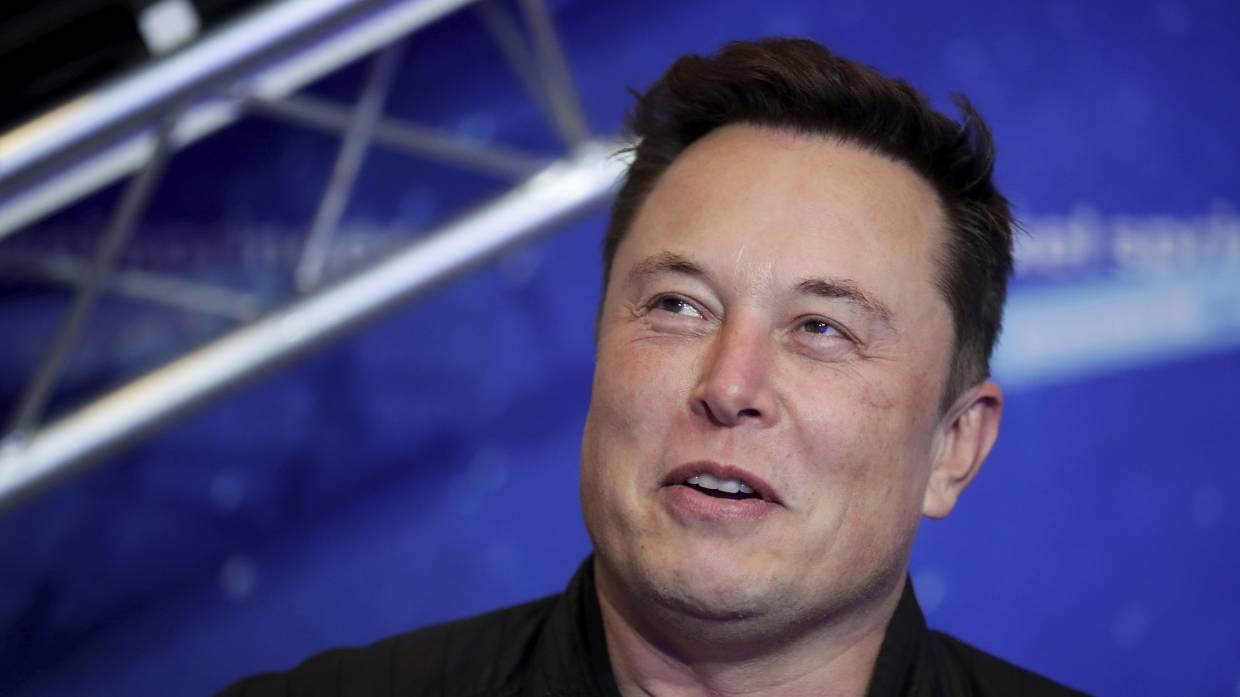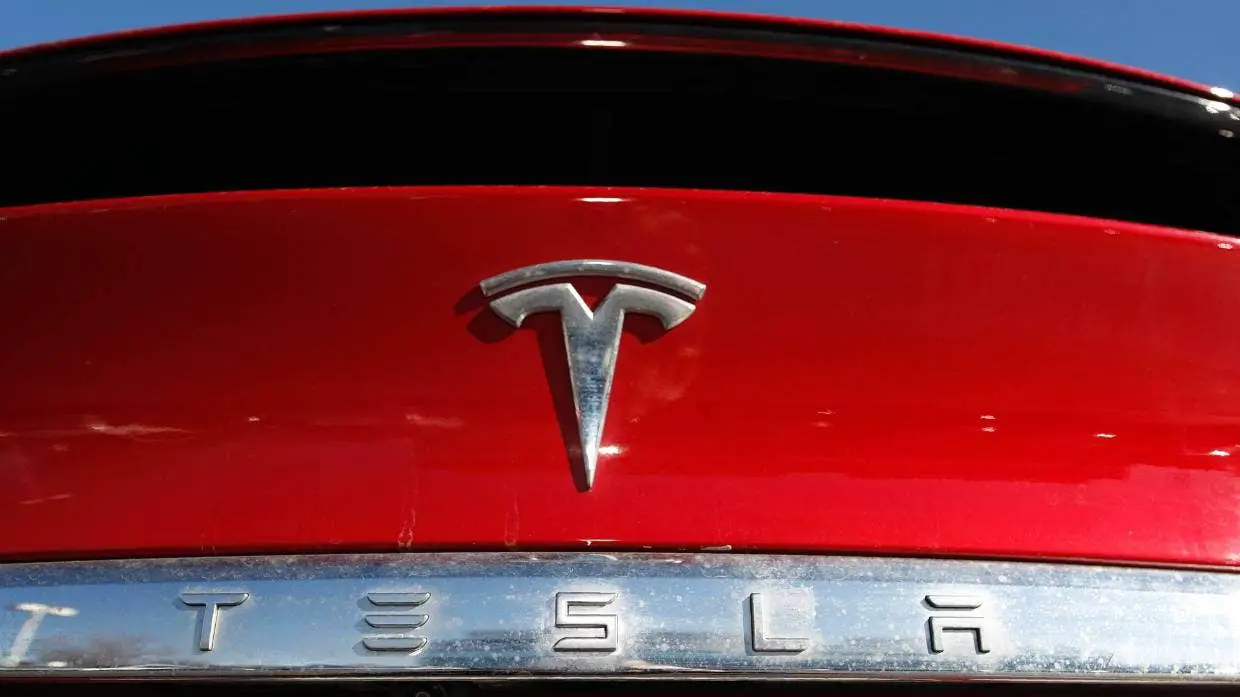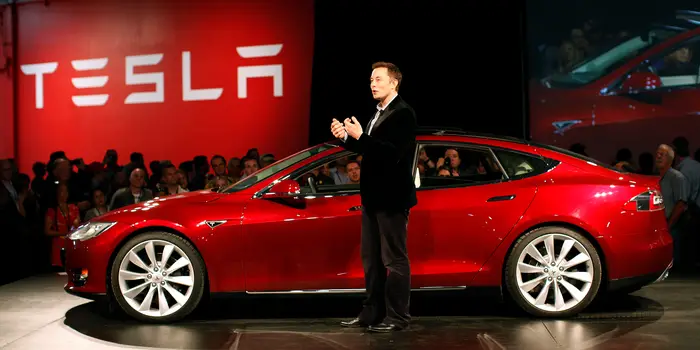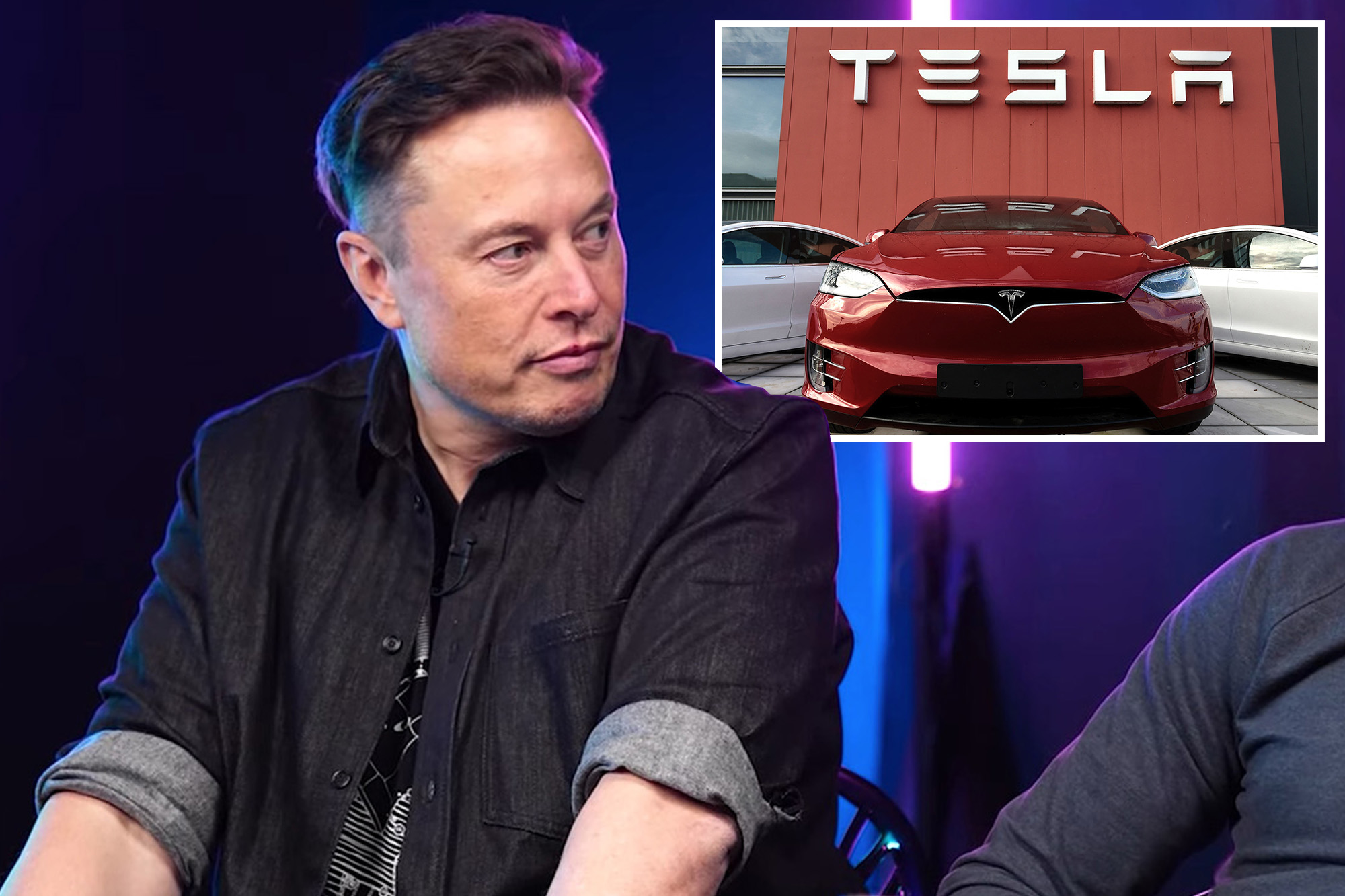Tesla Inc. reported record fourth-quarter and full-year profitability on Wednesday, despite a worldwide scarcity of computer chips slowing the whole auto sector.
Despite predictions that the firm will be able to produce 50% more cars than last year, CEO Elon Musk said that the chip shortage would prevent the company from releasing any new models until 2022.

That means the Cybertruck pickup, which was supposed to be on market last year, will be delayed once further.
Tesla is also working on a projected US$25,000 compact electric vehicle, according to Musk.
“Quite simply, we have enough on our plates right now,” he remarked.
Musk also said that the business is considering the construction of more plants and would provide an update on the location later this year.
Last year, the Austin, Texas-based firm produced US$5.5 billion in net profits, up from a previous high of US$3.47 billion in 2020. According to Musk, the yearly profit brought the company’s total profits since its beginning in 2003 into the profit zone.
Musk remarked on a conference call with investors that last year was a watershed moment for the firm.
In a letter to shareholders, Tesla said, “There should no longer be any debate regarding the feasibility and profitability of electric automobiles.”
Last year, Musk said, factory production was limited as the business concentrated efforts on altering cars and manufacturing to address the chip shortage and other supply-chain issues that would linger this year. Many hours of engineering and manufacturing tooling are being put into the delayed Cybertruck, Semi, and new Roadster, which he wants to have ready for production next year.
If Tesla began producing new cars this year, he predicted that fewer automobiles would be delivered as the company focused its attention and resources on the new model.
Tesla said late last year that it began producing Model Y SUVs with more sophisticated battery cells at its new facility in Austin. It intends to begin distributing them to clients after final certification. The business said it is testing equipment at its new location in Germany and is still working with local officials to get a production authorization.
Owners of roughly 60,000 cars in the United States are testing the business’s “Full Self-Driving” software on public highways, according to the company. In the third quarter, it was just about 2,000. Tesla claims that the software, which costs $12,000 and cannot yet drive itself, would help the firm become more profitable.
Musk said he would be surprised if the software could not drive as securely as people by the end of the year, while he evaded a question about whether the business will achieve complete autonomy by 2022. Currently, Tesla describes “Full Self-Driving” as a driver-assist system in which the driver must always be ready to intervene.
Musk said that by the end of 2020, a fleet of self-driving Tesla robotaxis will be on the roads.

Safety officials in the United States are looking into a complaint regarding the safety of “Full Self-Driving,” as well as why Teslas using a less advanced partly automatic technology dubbed “Autopilot” have driven into parked emergency vehicles on several occasions.
Tesla earned $2.322 billion in the fourth quarter. The firm earned US$2.54 per share before exceptional factors like stock-based compensation. This was more than Wall Street’s forecast of $2.36 per share. According to FactSet, revenue for the quarter was US$17.72 billion, which was also higher than experts’ expectations of US$17.13 billion.
Last year, Tesla delivered a total of 936,000 cars, roughly doubling the projection for 2020. Vehicle sales in the fourth quarter were 308,600, a new high. Tesla predicts a 50% yearly increase in car deliveries “over a multi-year period,” according to the company.
Musk was also paid $245 million in the fourth quarter because he met several operational benchmarks in his incentive agreement, according to the report.
In the fourth quarter of the year, the firm was able to reduce costs while still increasing car sales, according to the corporation. Tesla’s expenses will rise this year due to the start-up of the Austin and Berlin facilities, as well as pressure from commodity price hikes and supply chain expenditures, according to Chief Financial Officer Zachary Kirkhorn.

Tesla’s stock fell in extended trade after the numbers were disclosed, but it quickly rebounded and was now down less than 1%. The stock finished at US$937.41 on Wednesday, up 2%.
Source: Stuff

